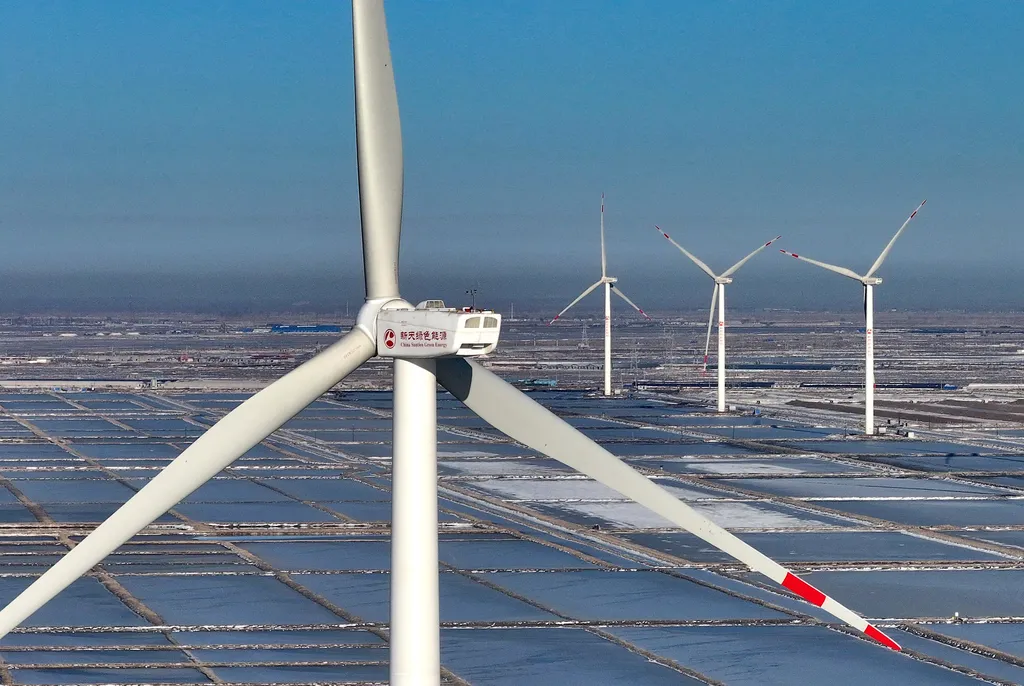In the rapidly evolving landscape of renewable energy, wind power stands as a beacon of sustainable progress. Yet, the industry faces a critical challenge: how to harness the full potential of wind turbines through smarter, more efficient control systems. A recent study published in *Control and Information Technology* (Kongzhi Yu Xinxi Jishu) offers a compelling vision for the future of wind turbine control, one that could reshape the energy sector as we know it.
Led by GUO Rui, the research introduces a groundbreaking wind turbine control system designed to meet the growing demands of informatization and intelligentization in the wind power industry. The study outlines a comprehensive approach, from the system’s role in managing wind power information flow to its hardware and software architecture. At the heart of this innovation lies the Remote Terminal Unit (RTU) data acquisition unit, a critical component that promises to enhance the efficiency and reliability of wind turbine operations.
“Our goal was to address the shortcomings of existing control systems and develop a solution that could adapt to the dynamic nature of wind power generation,” GUO Rui explained. The new system integrates advanced technologies such as Programmable Logic Controllers (PLCs) and Standard Variable Interfaces (SVIs), ensuring seamless communication and data exchange. This integration is not just a technical upgrade; it’s a strategic leap toward optimizing energy production and reducing operational costs.
The implications for the energy sector are profound. As wind power continues to gain traction as a primary source of renewable energy, the need for intelligent control systems becomes increasingly urgent. GUO Rui’s research offers a blueprint for the future, one where wind turbines operate with unprecedented precision and efficiency. This could lead to significant cost savings for energy providers and a more reliable supply of clean energy for consumers.
The study also highlights the potential for this technology to be applied on a global scale, particularly in regions where wind power is a key component of the energy mix. By adopting this advanced control system, countries can enhance their energy infrastructure, reduce their carbon footprint, and contribute to the global fight against climate change.
As the wind power industry continues to evolve, the insights provided by GUO Rui’s research serve as a guiding light. The development of intelligent and information-driven control systems is not just a technological advancement; it’s a step toward a more sustainable and energy-efficient future. With the publication of this study in *Control and Information Technology*, the stage is set for a new era in wind power generation, one that promises to revolutionize the way we harness the power of the wind.

